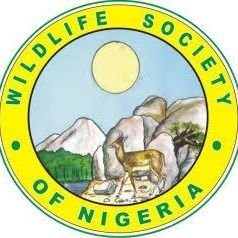The Wildlife Society of Nigeria (WISON) has strongly warned against bushmeat consumption and wildlife trade.
Highlighting the serious health risks and detrimental impacts on the country’s biodiversity, the society expressed deep concerns about the public health dangers posed by wildlife trade and bushmeat consumption.
In a communique released following the conclusion of a three-day conference titled “Globalisation and Wildlife Trade: Trends and Impacts on Conservation,” held at the Federal University of Technology, Akure (FUTA), WISON called for the integration of wildlife health monitoring into Nigeria’s national health systems to better address these risks.
Signed by WISON’s National President, Prof. Jayeola Omotola, and Secretary, Dr Jacob Orimaye, the communique urged all organisations, agencies, NGOs, and civil society groups involved in conservation and natural resource protection to strengthen enforcement against poaching and international wildlife trafficking.
While also emphasising the need to tackle corruption that threatens good governance in this sector, the society recommended that these groups adopt advanced technologies such as GIS, drones, environmental DNA analysis, and blockchain to enhance monitoring, transparency, and enforcement efforts.
WISON also advocated for participatory management models that empower local communities as key custodians of biodiversity through benefit-sharing programs.
The conference attendees, including academics, researchers, conservation practitioners, government representatives, and community members, called on governments at all levels to harmonise and update conservation laws in line with global best practices.
They encouraged the development of sustainable strategies for human–wildlife coexistence that reduce conflicts while ensuring the long-term sustainability of natural resources.
WISON also highlighted the importance of positioning ecotourism and cultural heritage as crucial pathways to support sustainable livelihoods and conservation-oriented development.
The society noted the institutional skill gaps and stressed the prioritising of training for conservation professionals and grassroots actors, alongside scaling up advocacy, education, and public outreach to foster a society that values conservation.
WISON further appealed for strengthened global partnerships to boost Nigeria’s participation in international conservation efforts to combat transnational wildlife crime and preserve biodiversity.



